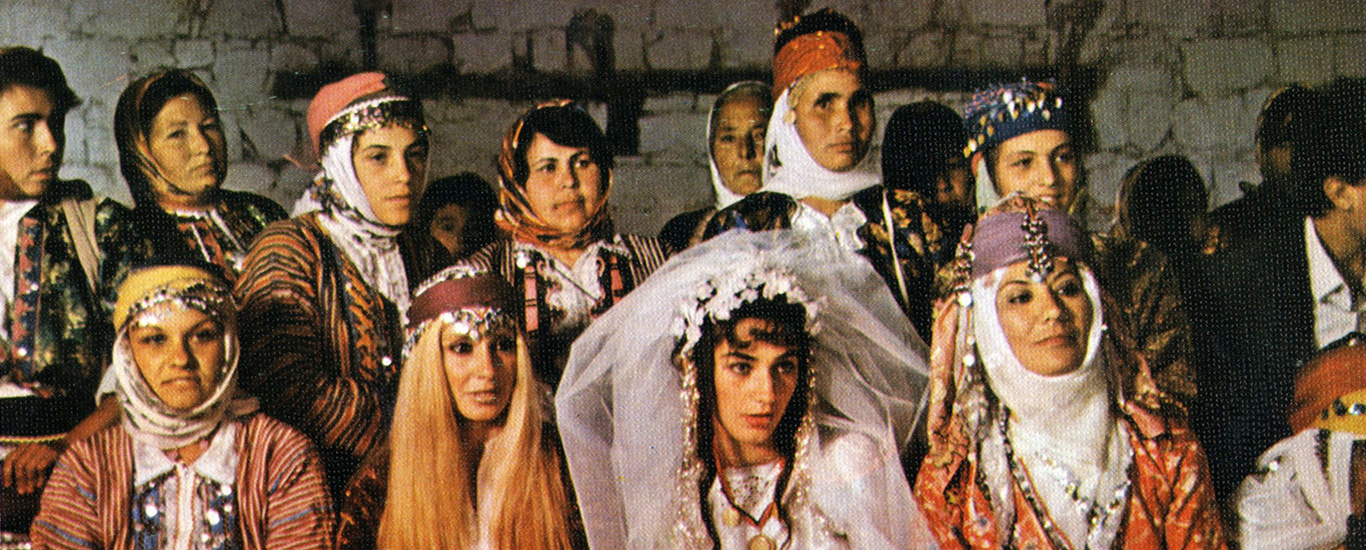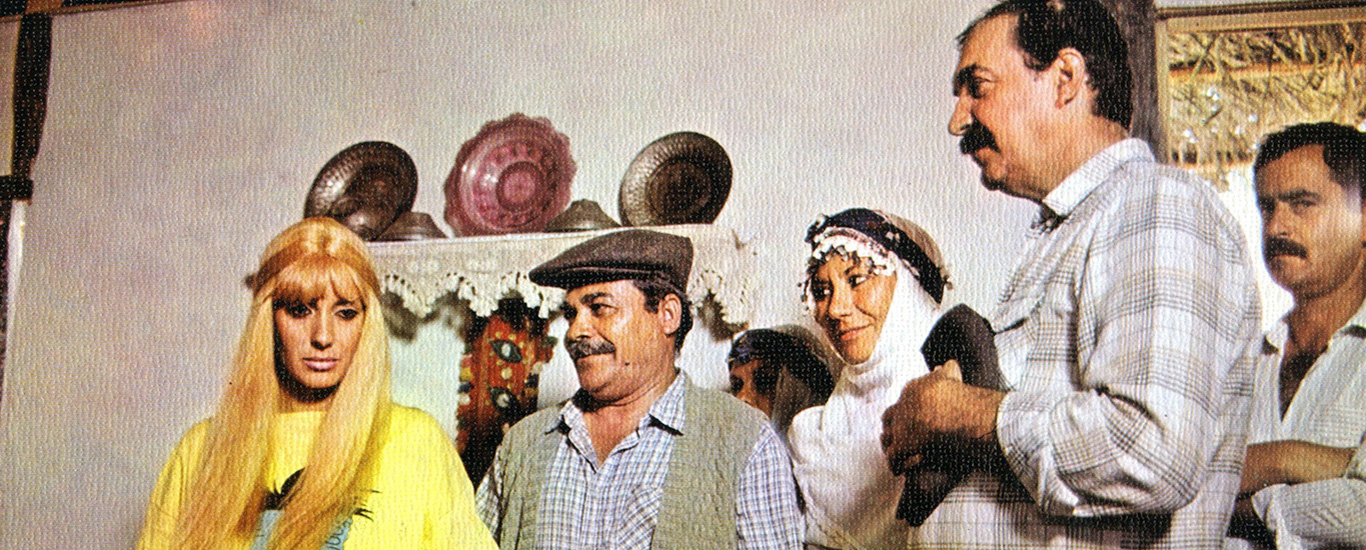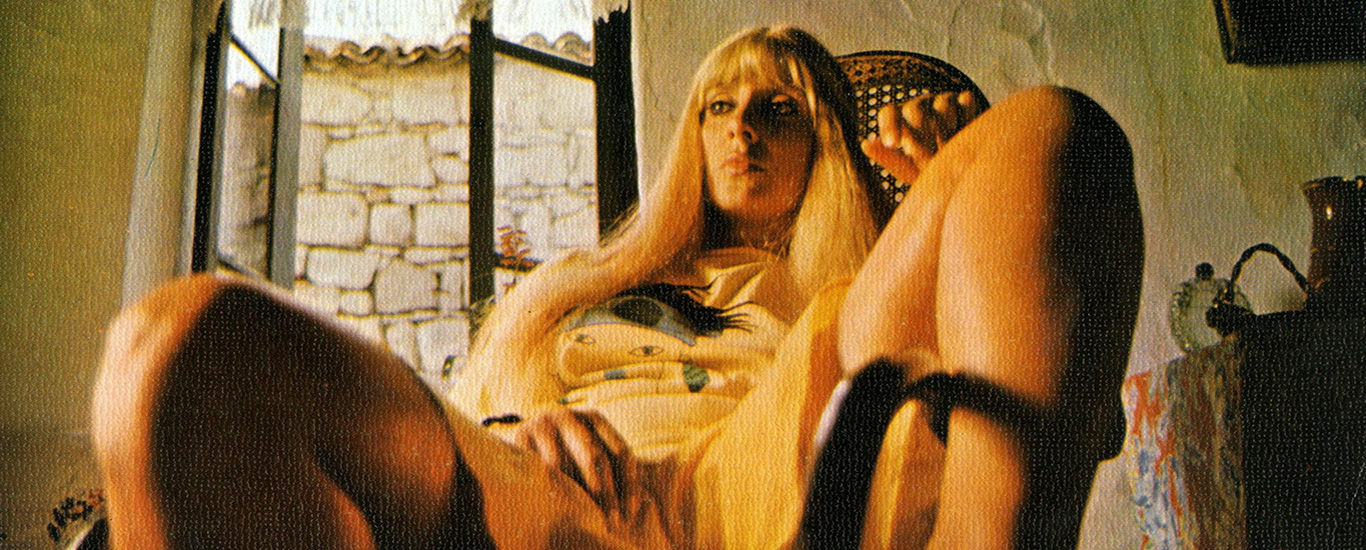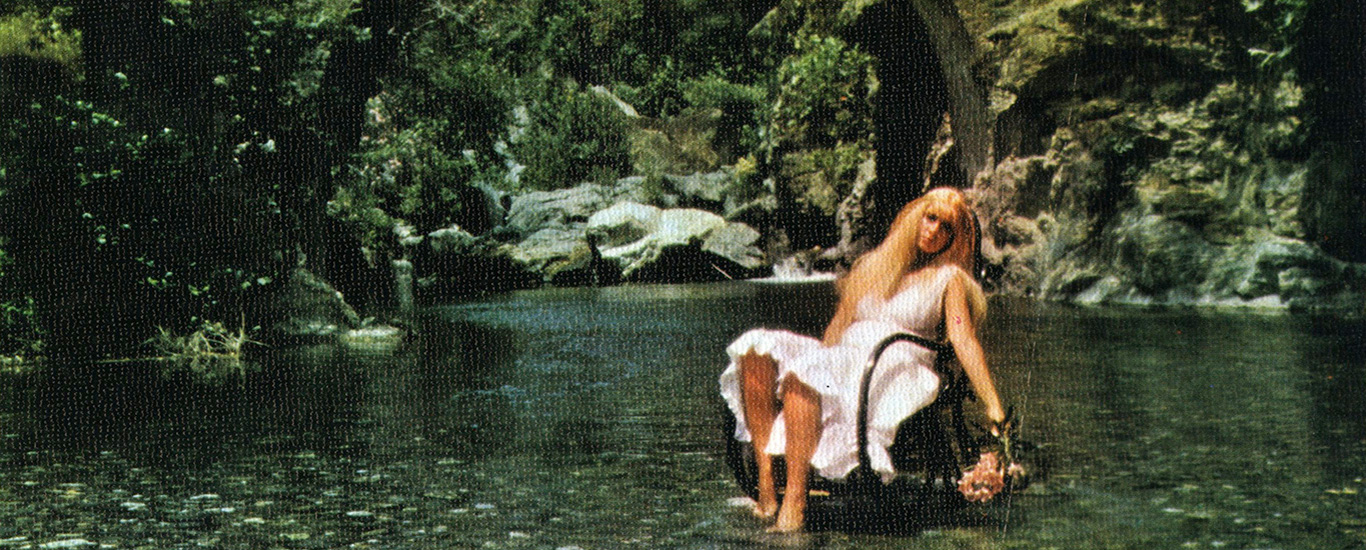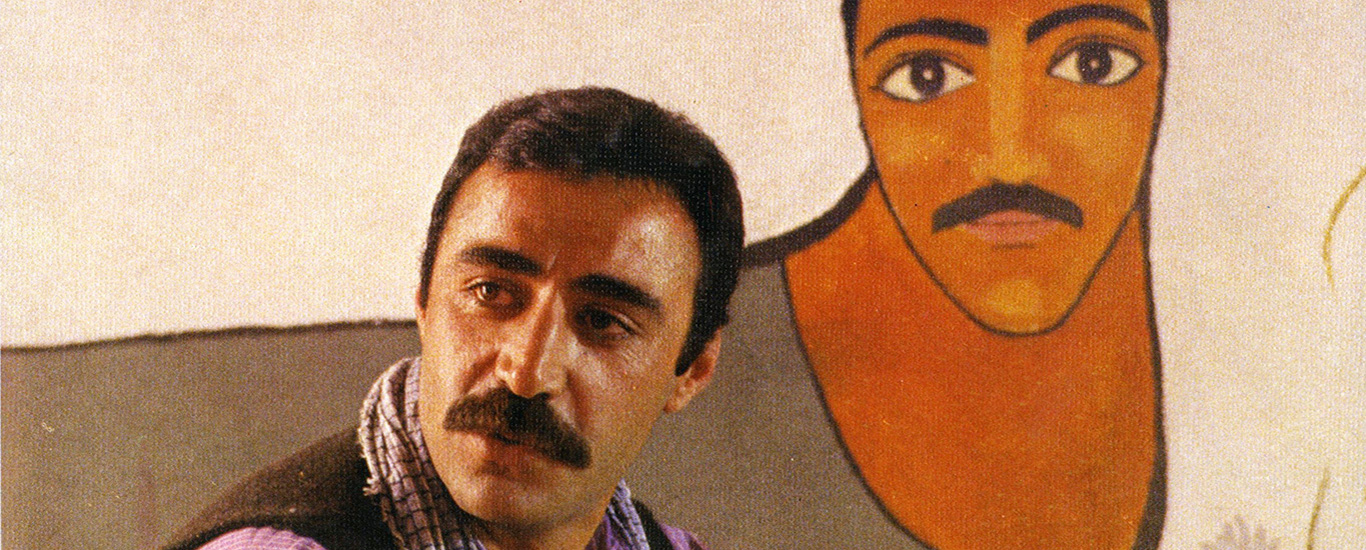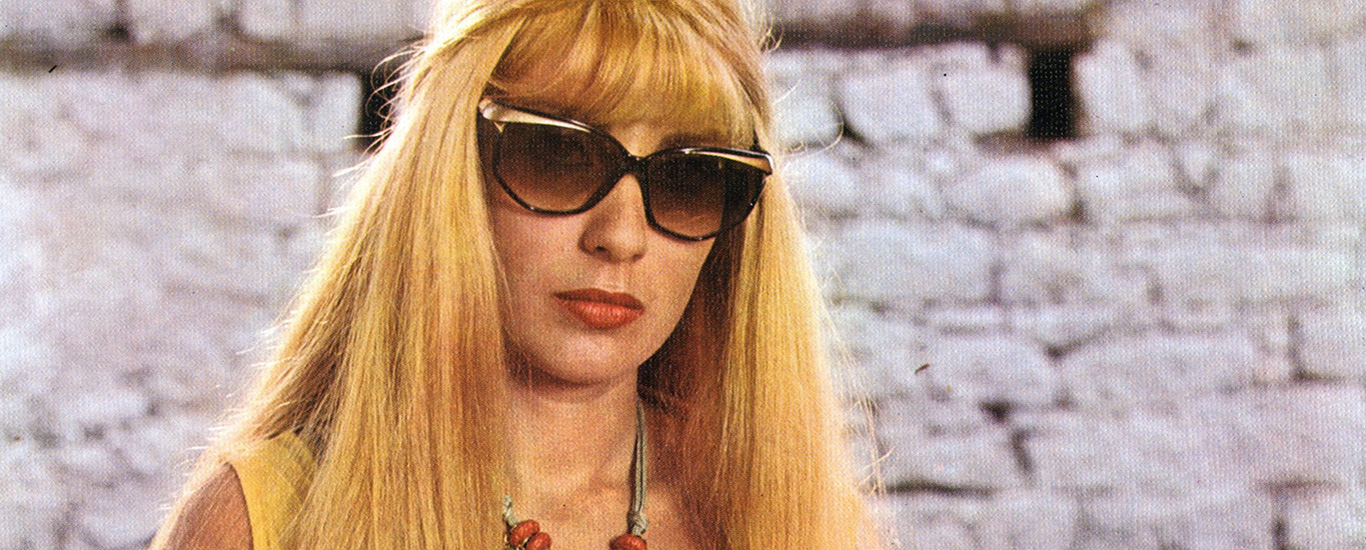TICKET INFO
| DATE&TIME | VENUE | ADD TO CALENDAR | |||
| {{item.tarih}} | {{item.mekan}} | TICKETS | TICKETS | FREE ADMISSION |
(*) The crew/cast will attend.
(°) This screening will begin later than announced due to the duration of the previous film.
Turkish Classics Revisited
SILKY
- Director: Bilge Olgaç
- TURKEY / 1987 / DCP / Colour / 92´ / Turkish; English s.t.
- Screenplay: Bilge Olgaç, Osman Şahin
- Director of Photography: Aytekin Çakmakçı
- Editing: Nevzat Dişiaçık
- Music: Serdar Yalçın
- Cast: Perihan Savaş, Berhan Şimşek, Oktar Durukan, Şener Gezgen, Gülsen Tuncer, Kemal İnci
- Producer: Lokman Kondakçı
- Production Co.: Varlık Film
- World Sales: Varlık Film
A story of womanhood: İpekçe / Silky
Daily goings-on in the countryside... A place where the same topics are talked about over and over again, where time stands hanging on the air, on the soil, in the water, where images and genders are created by endlessly talking men who have been occupying squares since time eternal... A place that looks innocent, pure, and ingenuous to visitors and yet turns into somewhere eerie once the visit is over... In the middle of such a place, at a lingering time when all topics are actually run out of a long time ago and life cannot find a vein to run through, “time” is re-booted at a village coffee house. This is İpekçe’s “time”. A time when her story will be written anew.
Directed by Bilge Olgaç, who co-wrote the script with Osman Şahin, İpekçe is one of the “distinct” films of the second half of the ‘80s with its screenplay and Olgaç’s take on gender economics. In the 1950s when Turkish cinema went through a broadening of vision by adapting novels about life in rural Anatolia from writers such as Yaşar Kemal, Necati Cumalı, and Fakir Bayburt, an important name emerged: Osman Şahin. Agah Özgüç emphasizes that what sets Şahin apart is “envisioning all of his stories cinematically.” Şerif Gören and Bilge Olgaç are directors who drew most from Osman Şahin–a short story writer who took off in 1973, had 23 films made out of his work, and has an entry titled “Osman Şahin adaptations” in Turkish cinema studies. Amongst all Osman Şahin adaptations, İpekçe stands apart in terms of the narrative harmony between the writer and the director and the film’s dramaturgy, which are mostly due to Bilge Olgaç’s existence, stance, and point of view as a woman in the male-dominated world of cinema.
Starting her film career as an assistant to directors Memduh Ün and Halit Refiğ, Bilge Olgaç –as she states in Feza Sınar’s documentary The Woman Behind the Camera: Bilge Olgaç, began making adventure films, in other words “men’s films” and in the second phase of her career developed a unique visual language based on her take on social gender. As a director of many years, it wouldn’t be wrong to say that Olgaç relayed her public experience as a woman in the Turkish film industry in İpekçe. According to Ayşe Durukan, the only financial expectation Olgaç had from cinema was to be able to buy a “house.” So, drawing a parallel to Bilge Olgaç getting away from the big city and taking “refuge” in Iznik in order the write the script, İpekçe tells the belonging and identity-based story of a woman who “lands” in the country and is called İpekçe (Silky) because her long blonde hair is viewed by villagers as a symbol of purity, beauty, and otherness. With her restrained performance in the titular role, Perihan Savaş is the primary reason for this “story of womanhood” still maintaining its urgency.
Bilge and Her Apprentice: Diary of An Assistant Director | 2015 | 21’ directed by Belmin Söylemez, will be screened before this film.
 This film was a Meetings on the Bridge participant.
This film was a Meetings on the Bridge participant.



